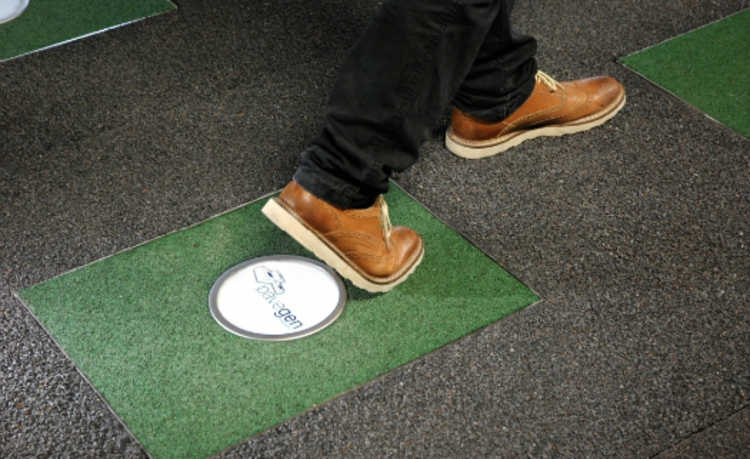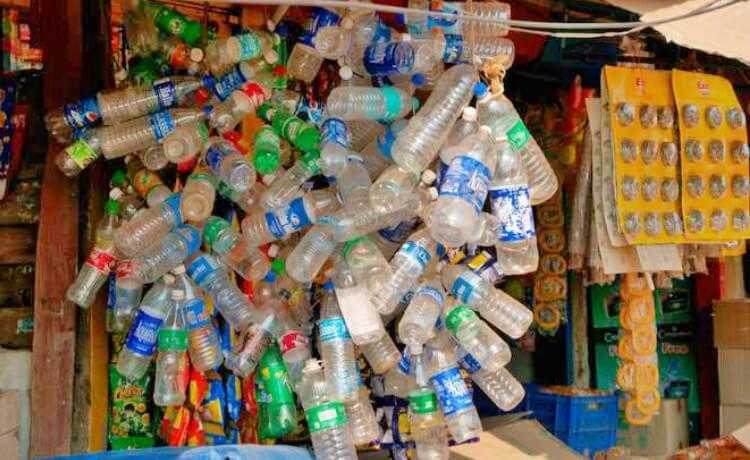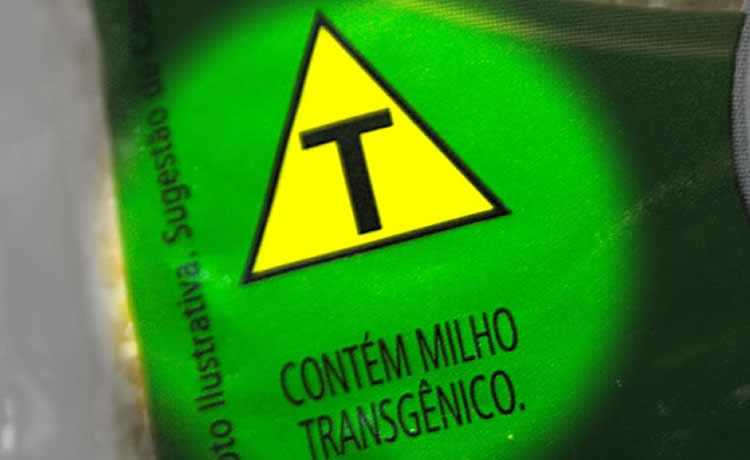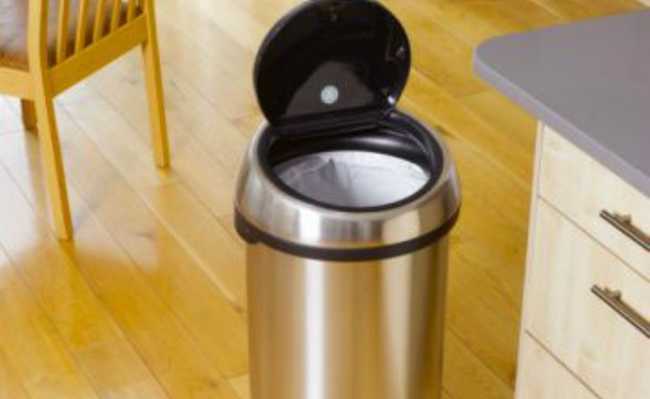How to preserve fruits and other foods
Preserving food can guarantee a tastier meal and a longer shelf life for the products

Edited and resized image of Adli Wahid is available on Unsplash
It is necessary to know how to conserve fruits and other foods to avoid waste. In homes, waste occurs at times such as preparation, consumption and transport. But what not everyone knows is that storage is an important process for preserving food, preventing it from ending up in the garbage or compost bin.
In this article, we are going to give tips on how to conserve certain types of fruits and other foods. The list probably doesn't have everything you have at home, so if you need to, follow these simple rules:
- To preserve fruits and vegetables, do not store them together, as many fruits produce ethylene, a gas that favors rapid ripening;
- Vegetables need to breathe, so don't put them in tight, closed packages; they need air to ripen faster. If they already come in sealed packages, make small holes in the plastic to allow air to enter.
- Don't clean your fruits and vegetables until you're ready to use them. Moisture can encourage bacteria to grow in the environment in which they are stored. But if you've already established a ritual of washing food before storing it, try to dry it right away to avoid dampness.
Check out how to store fruits and other foods:
Garlic
Store it at room temperature in an open container to allow air circulation. Avoid putting it in the fridge or in cold, damp places. Do not peel off the protective shell until you start cooking. It can be kept for up to three months if well cared for. If peeled, it must be wrapped in some airtight packaging.
- Ten Benefits of Garlic for Health
Onion
Take a new pantyhose and place onions on each leg, separating each onion with a knot. Hang at room temperature. If pantyhose isn't your thing, you can simply store them at room temperature, keeping them away from potatoes and the cooler. Humidity and low temperature will make them soft. Storing them away from light can help prevent them from getting a bitter taste.
- Seven Benefits of Raw and Cooked Onions
Potatoes
Keep these foods in a cool, dark place, but out of the refrigerator. The cold and humidity of the refrigerator can turn starch into sugar, affecting the taste and texture of the potato. Store them in a paper bag that allows more contact with the air - ideally a place with a warmer temperature, such as the pantry. Keep them away from onions or fruits like apples, which give off ethylene.
- Potatoes: benefits or harms?
Asparagus
It is a perishable, fragile and extremely sensitive product to dehydration. The best way to store asparagus is to cut off an inch and a half from the end of its stem, then pour a little water over them, covering them with a plastic bag (like a bouquet) - they will stay fresh for four days.
Carrot
First of all, remove the top foliage and leave only the body of the carrot, as the leaves attract moisture. With the ends cut off and the stem peeled, they can be refrigerated in a sealed bag for up to two weeks.
- carrot benefits
cucumbers
They hate getting cold. Any temperature below 10°C will make them spoil quickly. If you are going to put them in the fridge, do not leave them for more than three days. Cucumbers are also sensitive to ethylene so they should stay away from bananas, melons and tomatoes.
- Cucumber: benefits of food to beauty
tomatoes
Try to store tomatoes in the refrigerator, but beware of very cold temperatures, as the cold breaks their cellular structure, leaving them soft. Also avoid placing them in direct sunlight. Once they have matured at room temperature, just eat them at the height of their delight or freeze them in a sauce form for later use.
bananas
Separate the bananas from the bunch and wrap the end of each handle in aluminum foil (after use, set aside for recycling). Thus, bananas will ripen more slowly. When they reach the point of your liking, put them in a container and store them in the refrigerator. From then on, the cold will prevent them from ripening any further - but don't forget: if you're going to put the bananas in the fridge, it's better to keep them away from the apples. In the fridge, they get a little darker, especially if they are next to ethylene-releasing fruit, like apples, but that's no problem.
What must be taken care of is the storage temperature, because some vegetables are sensitive to temperatures below 12-15 degrees (such as bananas) which will cause cold damage with some symptoms such as browning of the skin and then the pulp. On the other hand, other vegetables do not have this problem of cold damage and can be stored at lower temperatures, up to close to zero degrees (for example, apples).
- Bananas: 11 amazing benefits










